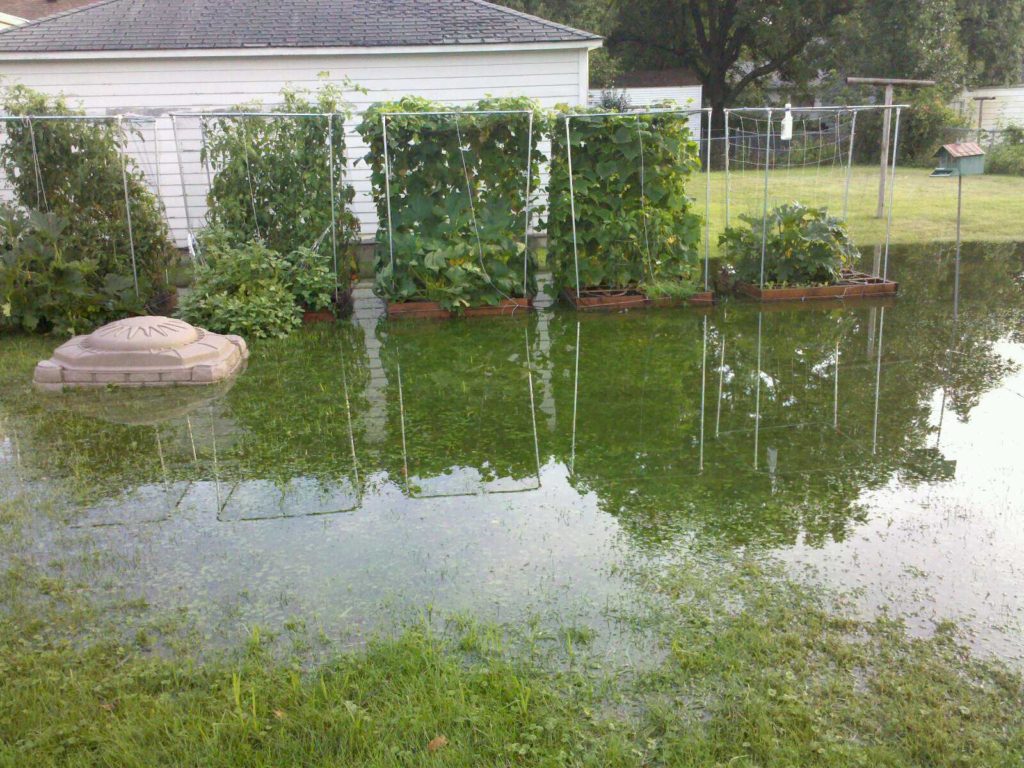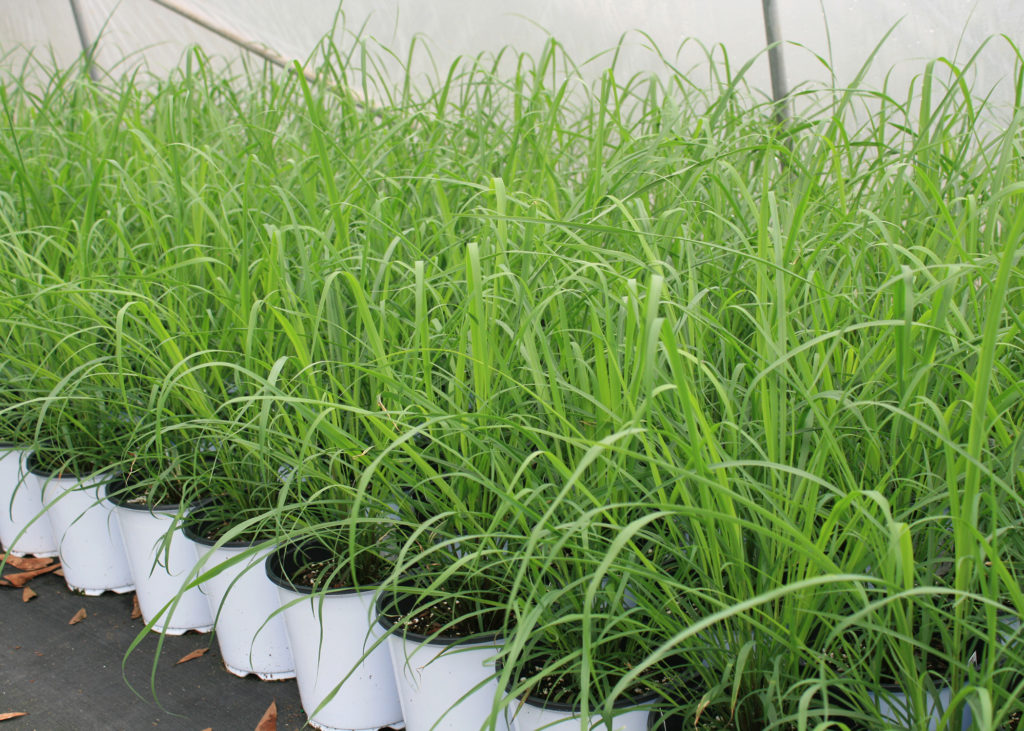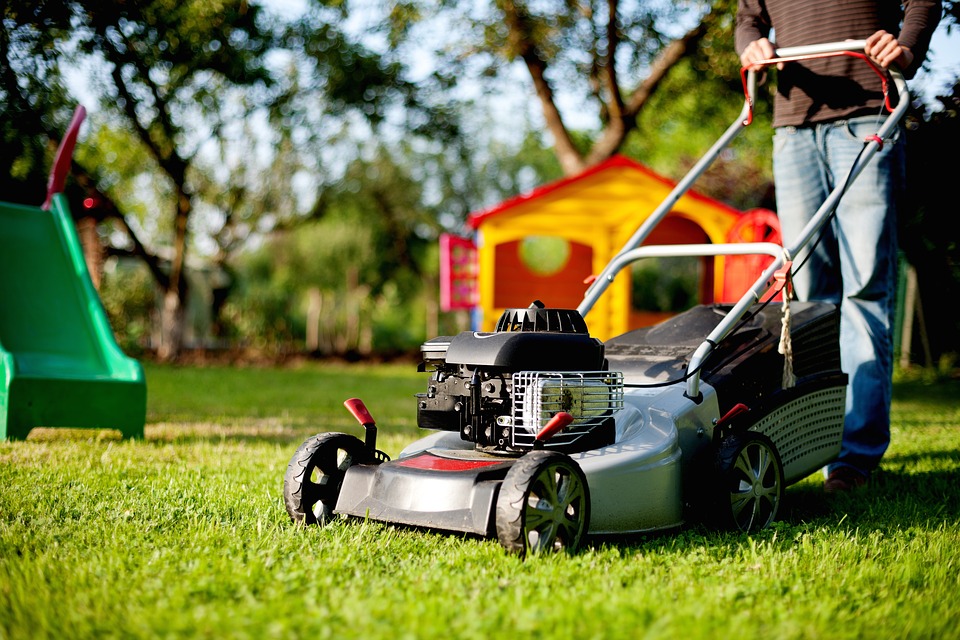Florida Homeowners: How to Rid Your Lawn of Mosquitos
BY WIKILAWN | JULY 5TH, 2018 | FLORIDA, LAWN CAREIf you live in Florida, odds are you’ve heard at least one news story this summer that warned about the viruses linked to mosquitos. While these warnings may be redundant, the fact is that mosquitoes made a home in the humid, rainy state of Florida a very long time ago.
Adding a copious amount of bug spray may help, but the best thing you can do is get proactive and make your lawn a nightmare for these pesky creatures. Mosquitos tend to only travel about half a mile from where they hatch, so if you can get them out of your lawn you can get them out of your life. At least your home life!
Get Rid of Standing Water

Photo: irrigationtech.com
A cheap and effective way to ward off mosquitoes is getting rid of their breeding grounds: that is standing water. Do not underestimate where these nuances can lay their eggs, they are not anything if not resourceful.
Items around the yard to be aware of:
- Excess water in flower pots
- Litter around the house: mosquitoes can lay their eggs in as small as a bottle cap
- Bird feeders
- Water gauges
- Trouble spots in the lawn: fill them in
- Old tires
If you own a pool, which is understandably a must for some Floridian homeowners, keeping mosquitoes out of the pool comes down to pool maintenance. As long as the pool is up to date in its treatments, mosquitoes will not lay their eggs there. During extended times when the pool will not be in use, a pool cover will need to be secured tightly around the edges.
Invest in Mosquito Repelling Plants

Photo: extension.msstate.edu
A great way to keep your garden free of mosquitos is putting in plants that naturally repel mosquitos. One of the best ways to maximize these plants natural repelling oils is by cutting off some of the leaves and snipping pieces around your yard.
The most effective plant repellent is lemongrass and any close relatives. Research is still underway for other plant repellents, but lemongrass is a proven strategy.
Female mosquitoes are the sole gender to feed on blood. Male mosquitoes feed on nectar from flowers. Placing mosquito repellent plants around the garden can keep the mosquitoes from feeding on any of the plants.
Remove Debris Around Yard
Along with sitting water, clogged gutters and cluttered flower pots are prime real estate for mosquito hatchlings. These areas tend to become very moist when not properly cleaned and eventually encapsulate sitting water. It is recommended that homeowners clean their gutters at least twice a year: once during late spring and once in late summer or early fall. If there are an abundance of trees on the property, that recommendation climbs to every three months.
Raking regularly during the fall season to the summer season is very important in getting rid of excess debris. Flower pots should also be tidied up, along with emptying the saucer underneath if there is one.
Overwatering plants or grass will lead to excess water alluring to mosquitoes. Experts recommend only watering a lawn twice a week at an overall inch during summer and spring in order to keep grass flourishing. Any plant that requires little water can also be a great addition to the yards disassociation of mosquitoes and its overall aesthetic.
Water Grass in the Early Morning
It is slightly un-American to not yearn after a perfect lush green lawn, but that can be troublesome in the fight against mosquitoes. However, a surefire way to get that extra moisture to a minimum is watering the lawn in the morning. Watering in the morning allows for the lawn to soak in the water before the sun is in full fledge, but it also allows time for the sun to evaporate excess water before sundown. Watering the lawn at night will cause an excess of moisture leading to mosquitoes and can even cause fungus or disease in your yard.
Keeping the lawn mowed

Photo: pixabay.com
Mosquitoes love the heat, but interestingly they are prone to overheating. They take cover in overgrown grass during the day and come out at night to hunt. Lawn experts recommend mowing the lawn once a week during the summer for overall lawn health as well as diverging critters from extended stays.
Have questions about lawn care? Visit our Florida lawn care page or share your thoughts in the comments below.
Top photo: nytimes.com